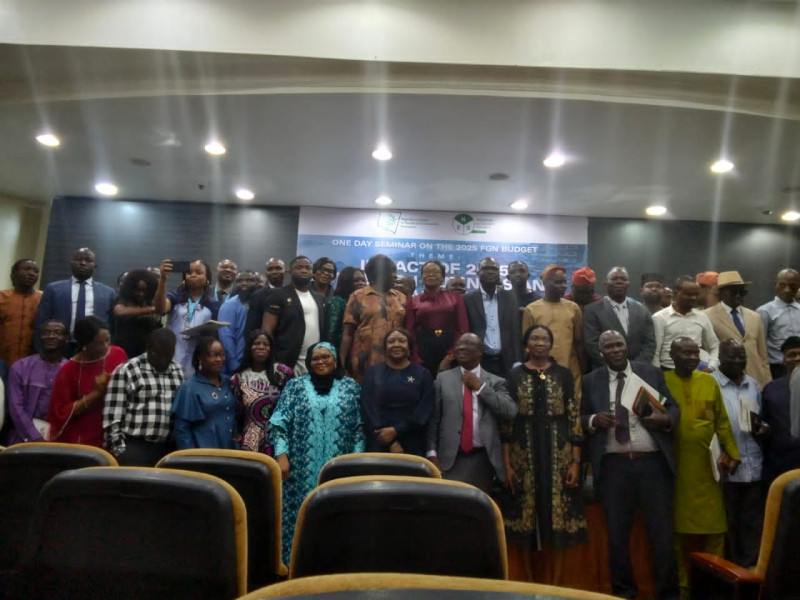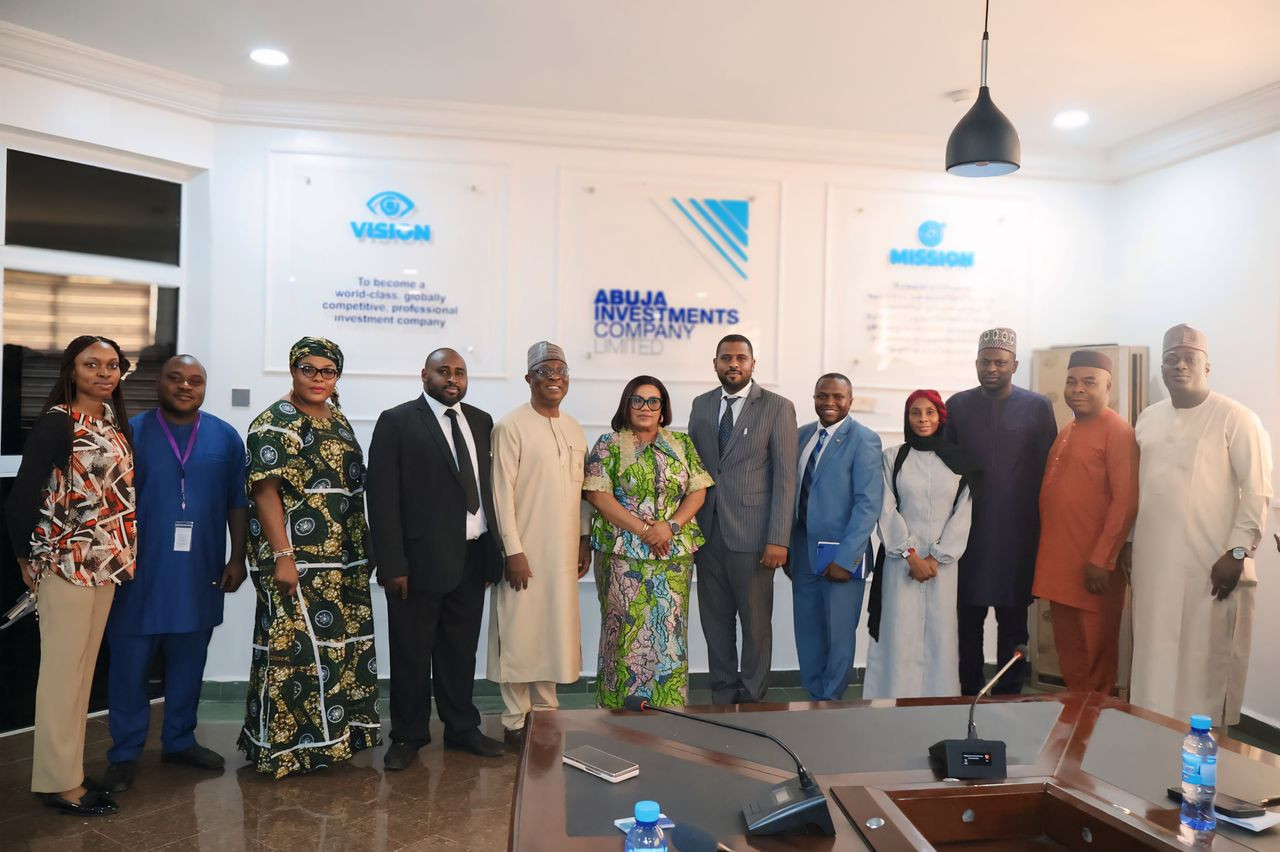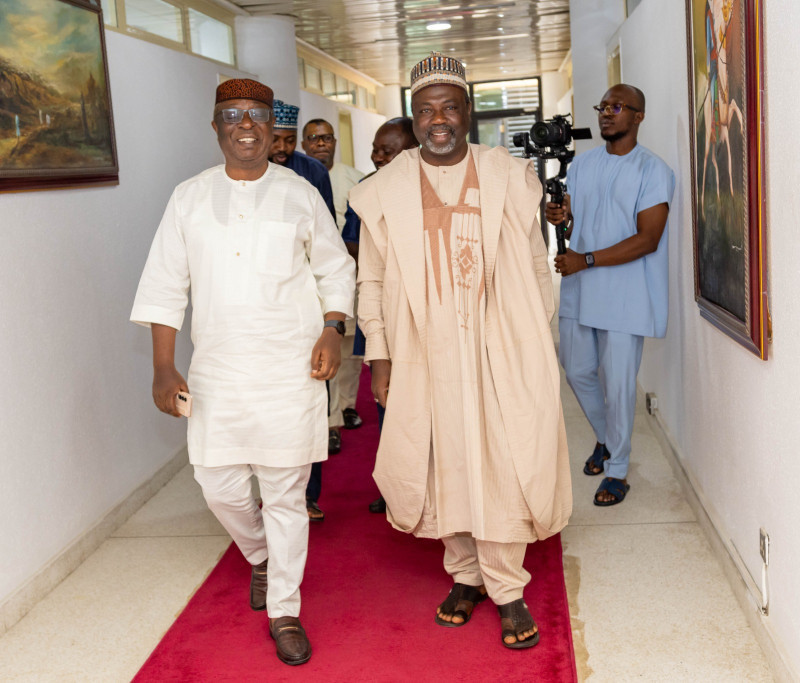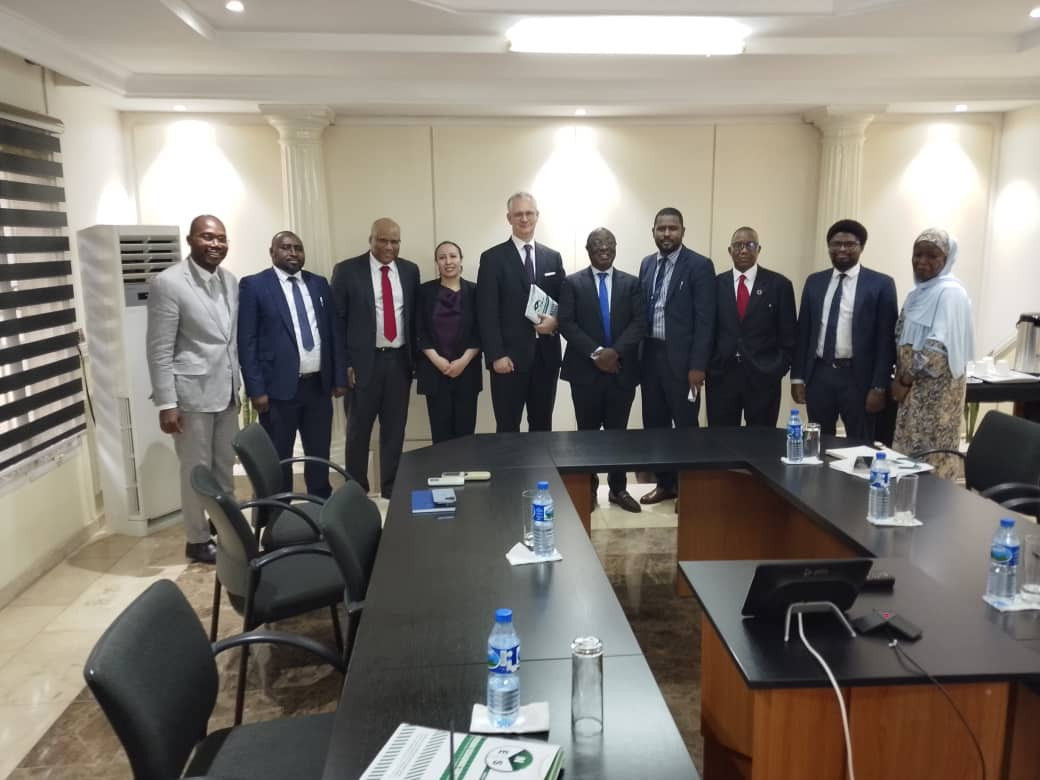Welcome to Nigerian Economic Society
The Nigerian Economic Society (NES) was formed in 1957 by Nigerian scholars as a united platform for Nigerian Economists and allied Social Scientists to provide intellectual leadership in the process of understanding and managing economic, social and political change in Nigeria. The first constitution of the Society was adopted on January 4, 1958. The Nigerian Economic Society organized its first seminar on April 5, 1958 at London and began publishing its main organ, Nigerian Journal of Economic and Social Studies (NJESS) in 1959.















